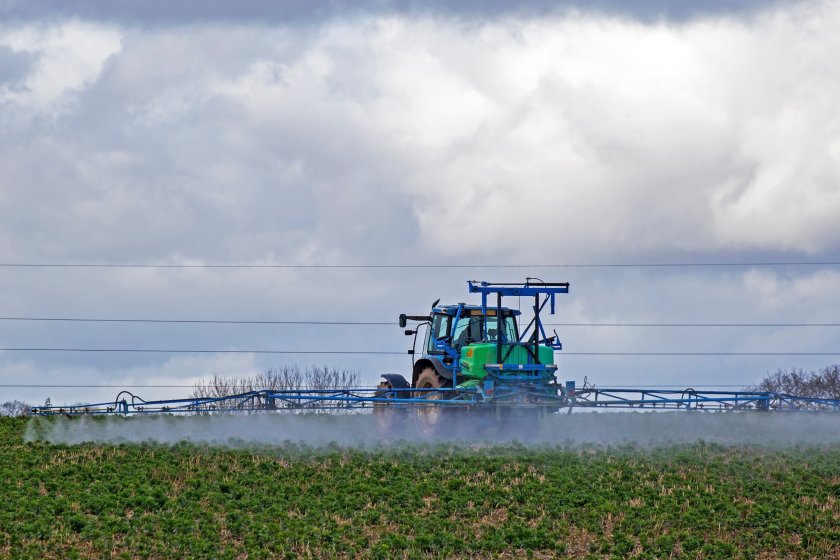
Fresh fears over weed control have emerged after more Italian rye-grass populations in the UK were found to be potentially resistant to glyphosate.
The Weed Resistance Action Group (WRAG) has confirmed that additional populations of the weed may now be resistant, following earlier discoveries this year.
In January 2025, the group verified the UK’s first three cases of glyphosate resistance — in Kent, Gloucestershire and North Yorkshire — all in Italian rye-grass (Lolium multiflorum).
Each case showed a significant reduction in control when treated with appropriate glyphosate doses. A fourth population in Essex also displayed decreased sensitivity.
After those findings received widespread publicity, 10 further Italian rye-grass samples were collected from eight farms and rapidly screened by ADAS.
The testing involved spraying live potted plants with recommended glyphosate rates.
A high risk of resistance was identified on three farms. Population offspring will now undergo further testing to confirm resistance status.
According to WRAG, all confirmed or suspected cases to date have emerged in high-risk crop management situations and are thought to have evolved independently, rather than spreading physically between farms.
Further population screening will take place in spring 2026 as part of ADAS research funded by Bayer Crop Science.
WRAG’s August 2025 briefing note explains how glyphosate resistance is formally confirmed, setting out the scientific processes involved.
It also details the proactive measures that farmers should take to minimise the risk of resistance developing.
In addition, the note highlights the reactive steps required to monitor weeds that survive a glyphosate application and to manage them effectively.
